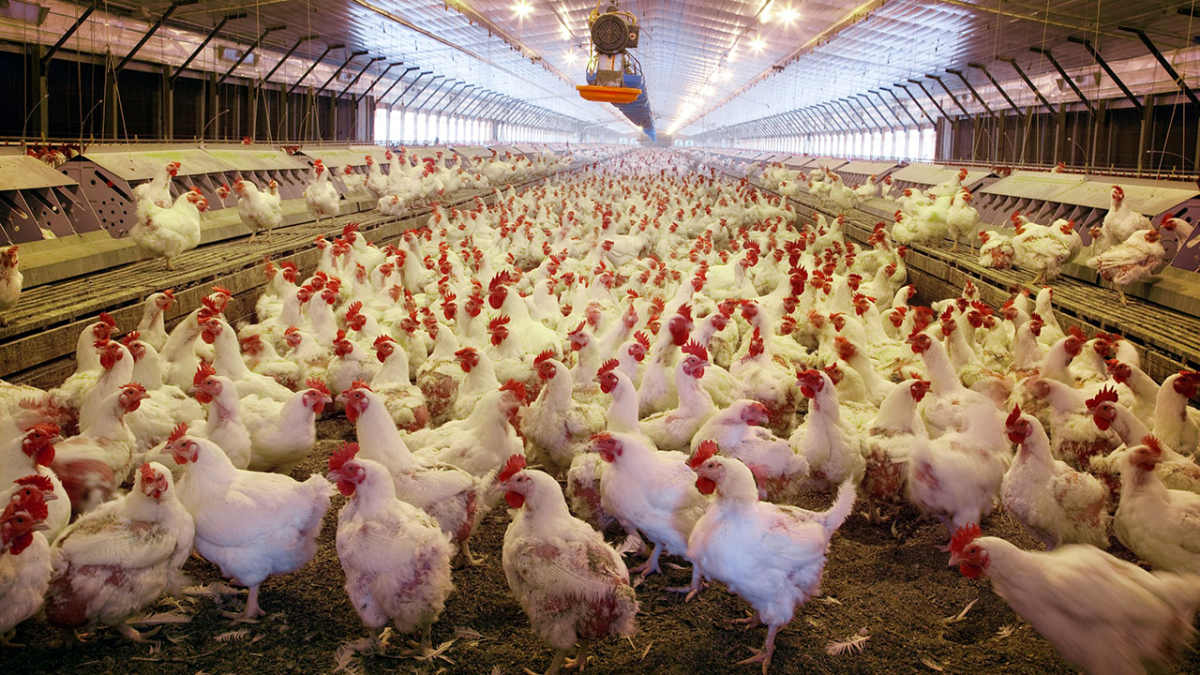
Avian Influenza, also referred to as Bird Flu, has swept across the country within the past couple of years causing everything from escalated egg prices to the depopulation of entire farms. First found in Washington in the summer of 2022 within a backyard flock, the disease has spread virulently throughout the states. Targeting wild birds, commercial poultry, dairy cattle, and even humans in rare cases. Bird Flu has led to the deaths of countless commercial farm animals as well as millions of wild animals. Even though Avian Influenza has claimed the life of only one person so far, the virus is constantly evolving according to NPR, meaning every time it spreads, it could introduce a new possibility of an outbreak in humans.
This virus has impacted every section of the agriculture business; however the USDA is working to contain the problem. Putting hundreds of millions of dollars into testing for Avian Influenza, personal protective equipment for agricultural workers, and reimbursement for farmers to make up for all the profits lost. Although there is no approved vaccine ready for Avian Flu for animals yet, as recently as February 14th there has been a conditional vaccination that still needs to be validated by the USDA. If this were to be approved it would go to great lengths to lower the mortality rate if the bird flu spreads, which would be far better than the alternative which is depopulation for a flock if a couple of birds test positive.
The impact of Avian Influenza is extensive, especially in an economy that heavily relies on our food. The cost of eggs alone has gone up exponentially even though chicken meat has remained the same, and while the price of milk is stable for now, it could always go up. Eggs have been in high demand because laying hens are more susceptible to bird flu than meat birds, simply because they live longer. It takes roughly five months to raise a chicken to lay eggs, while broilers only live to 2 months before being processed for meat. This means that layers have a longer period to contract Avian Influenza. Overall the impact of losing so many products has been detrimental to food workers’ incomes as well as international commerce.
Since mammals can catch Bird Flu from direct contact with sick animals, or even contaminated equipment, the only way to avoid contracting the flu is to wear personal protective equipment, but that doesn’t protect your animals, who generally get Avian Influenza from wild birds. The sad fact is that there is no definite way to prevent Bird Flu for animals, and it seems that all we can do is wait.
